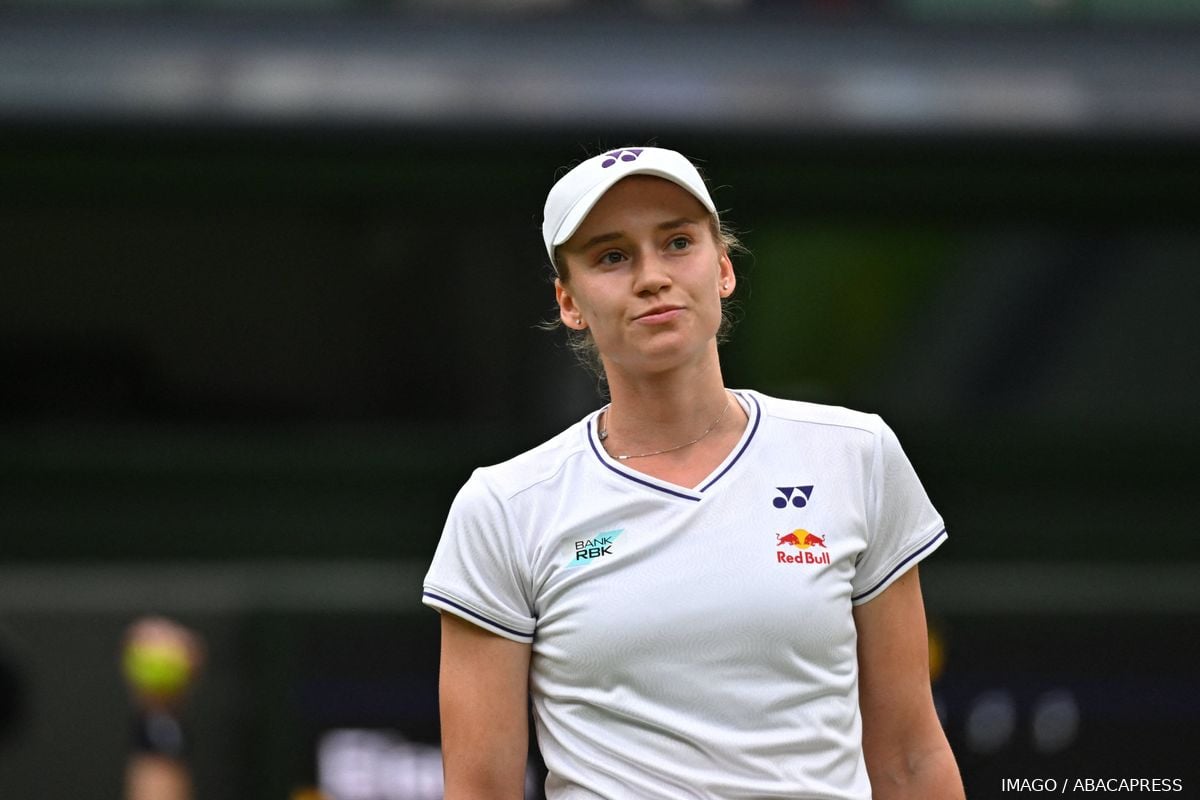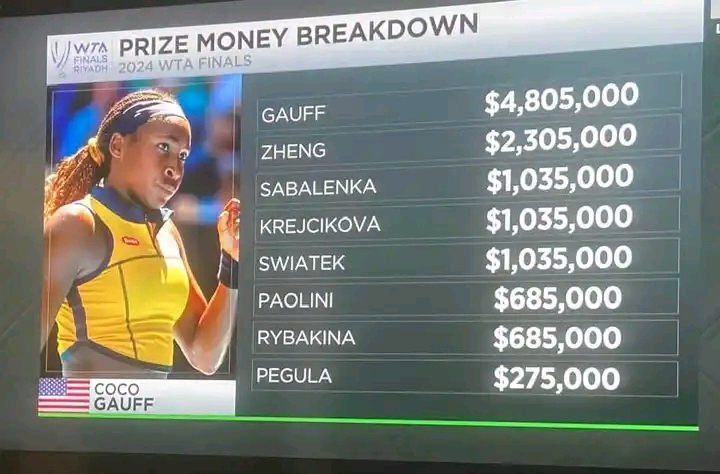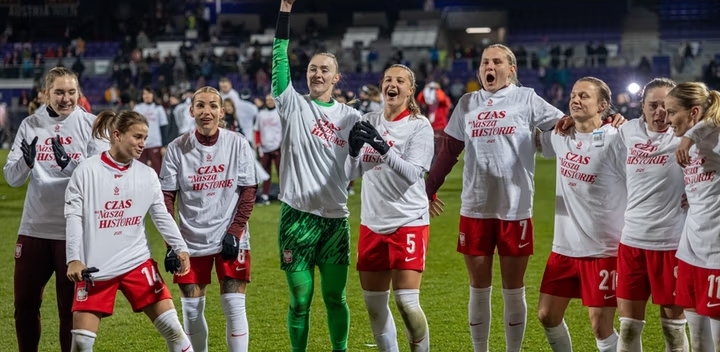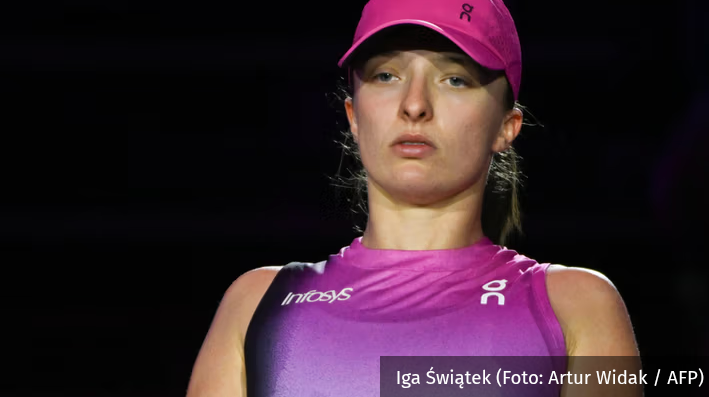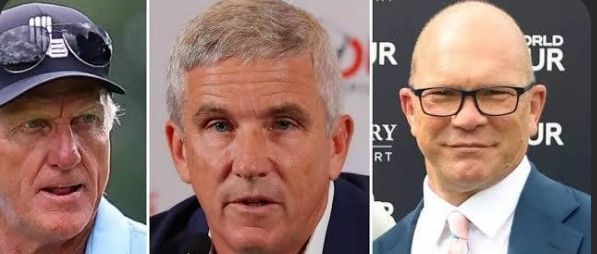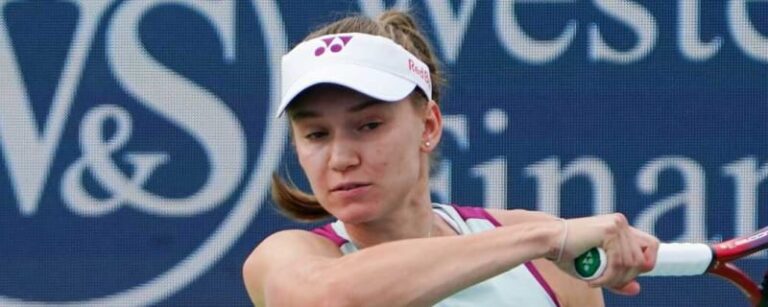Rybakina May Have Asked For Vukov To Be Banned From WTA Tour Says Sabalenka’s Coach
Rybakina May Have Requested Vukov Ban from WTA Tour, Says Sabalenka’s Coach
Elena Rybakina, the Kazakh tennis star known for her calm and composed demeanor on the court, may have sought a significant change in her team dynamics, according to recent comments from Anton Dubrov, Aryna Sabalenka’s coach. In a surprising development that has caught the attention of tennis enthusiasts, Dubrov hinted that Rybakina could have asked for her former coach, Stefano Vukov, to be banned from the WTA Tour.
The Rift Between Rybakina and Vukov
Rybakina and Vukov parted ways earlier in 2024 after what appeared to be a successful partnership that culminated in her Wimbledon title in 2022. Despite the on-court success, their professional relationship was reportedly strained. Observers had noted tension between the two, with Vukov’s courtside behavior raising eyebrows. His frequent and sometimes aggressive instructions to Rybakina during matches were often visible, leading to speculation that their coaching partnership was on thin ice.
This speculation grew stronger when Rybakina publicly announced their split, stating that she wanted a different approach moving forward. However, what initially seemed like a mutual decision to part ways may have deeper undertones.
Anton Dubrov’s Allegations
Anton Dubrov, who coaches world No. 1 Aryna Sabalenka, reportedly suggested that Rybakina could have taken formal action to keep Vukov off the WTA Tour entirely. In an interview, Dubrov mentioned that Rybakina’s dissatisfaction with Vukov’s behavior may have led her to lobby for his ban from coaching in the women’s tennis circuit.
While Dubrov did not provide concrete evidence of such a request, his comments have reignited conversations about the player-coach dynamic in professional tennis. If true, this would represent a rare case of a player seeking such an extreme measure against a former coach.
A New Phase for Rybakina
Since parting ways with Vukov, Rybakina has maintained her position as one of the top contenders on the WTA Tour. Her composed style, powerful groundstrokes, and pinpoint serve make her a constant threat in any tournament. However, the shift in coaching may have been a necessary adjustment to keep her mental game as sharp as her physical skills.
Vukov, on the other hand, has stayed relatively quiet since the split, with no public response to Dubrov’s claims. It remains to be seen whether this issue will develop further, but if Rybakina indeed pushed for Vukov’s exclusion from the WTA, it would highlight the growing agency of players over their coaching teams and the working conditions they expect on tour.
Impact on the Tour
If Dubrov’s claims are accurate, this case could set a precedent for how players address grievances with their coaches. While it’s not unusual for players to part ways with their coaches, a formal request for a ban would be unprecedented and would potentially raise questions about the working relationship between coaches and athletes in the sport.
Coaches play a pivotal role in shaping a player’s career, but tennis is unique in that it often places players and their teams under intense public scrutiny. With the increasing pressure to perform and the demands of the modern game, tensions between players and coaches can escalate quickly, as may have been the case with Rybakina and Vukov.
For now, Rybakina remains focused on her career, aiming to add more Grand Slam titles to her resume. As for Vukov, his future in coaching remains uncertain. Whether Dubrov’s comments lead to more revelations or legal action is yet to be determined, but this situation could reshape how professional tennis players and their coaches interact on the WTA Tour.
Conclusion
The claims from Anton Dubrov regarding Elena Rybakina potentially seeking a ban for her former coach Stefano Vukov add an unexpected twist to what initially appeared to be a routine professional split. As both Rybakina and Vukov continue their respective journeys in the world of tennis, this potential conflict casts a light on the evolving relationships between players and their teams in a high-stakes, high-pressure environment.
While the WTA has not commented on the matter, it will be intriguing to see how this situation unfolds and what impact it may have on the dynamics between players and their coaches across the sport.
